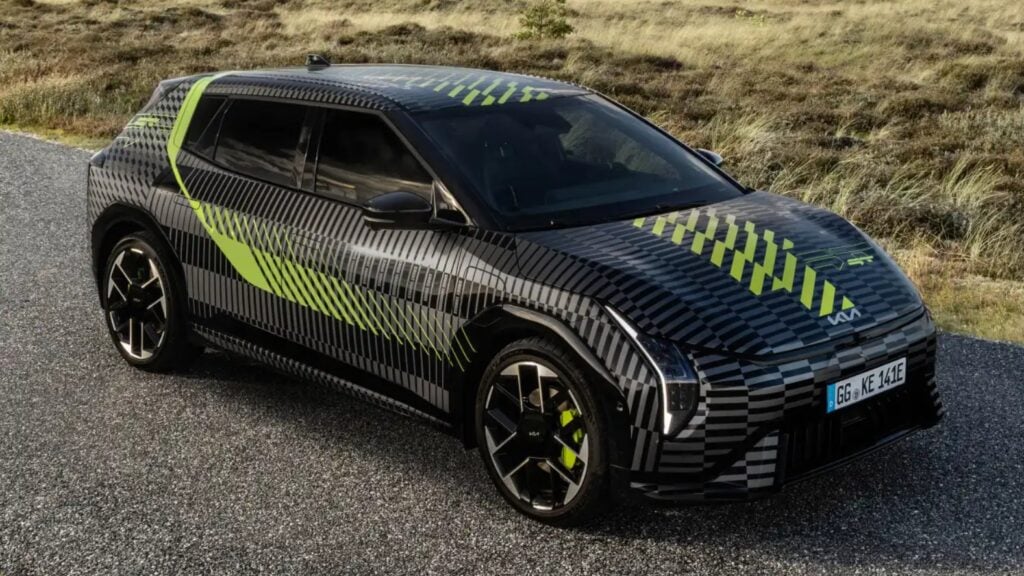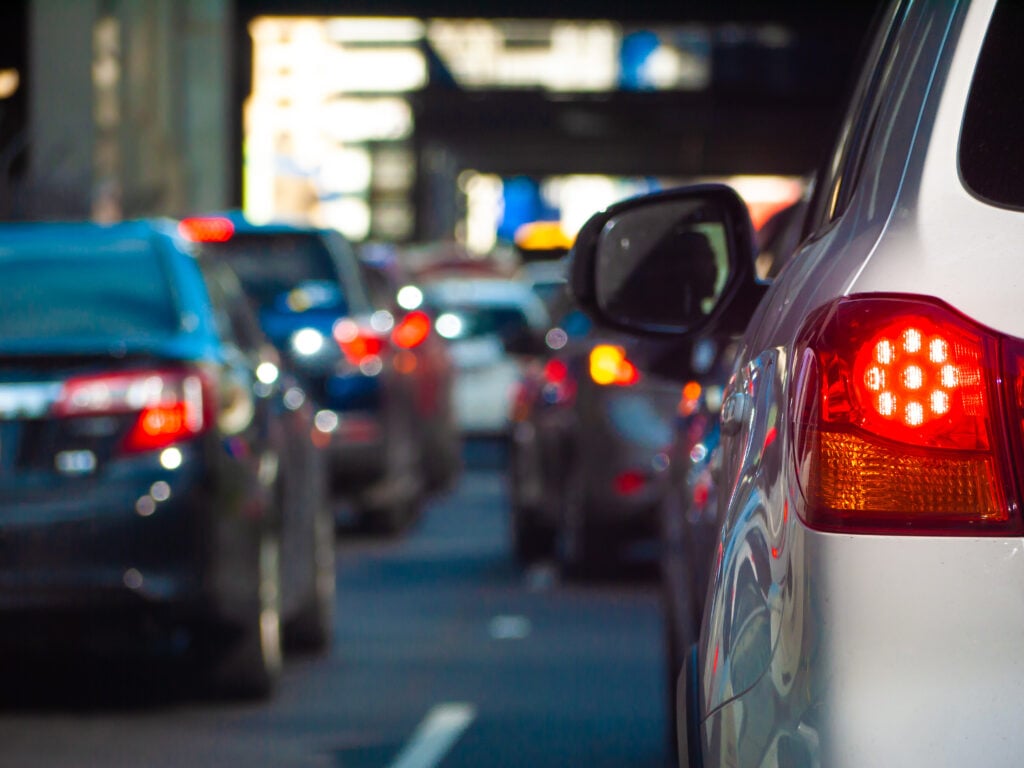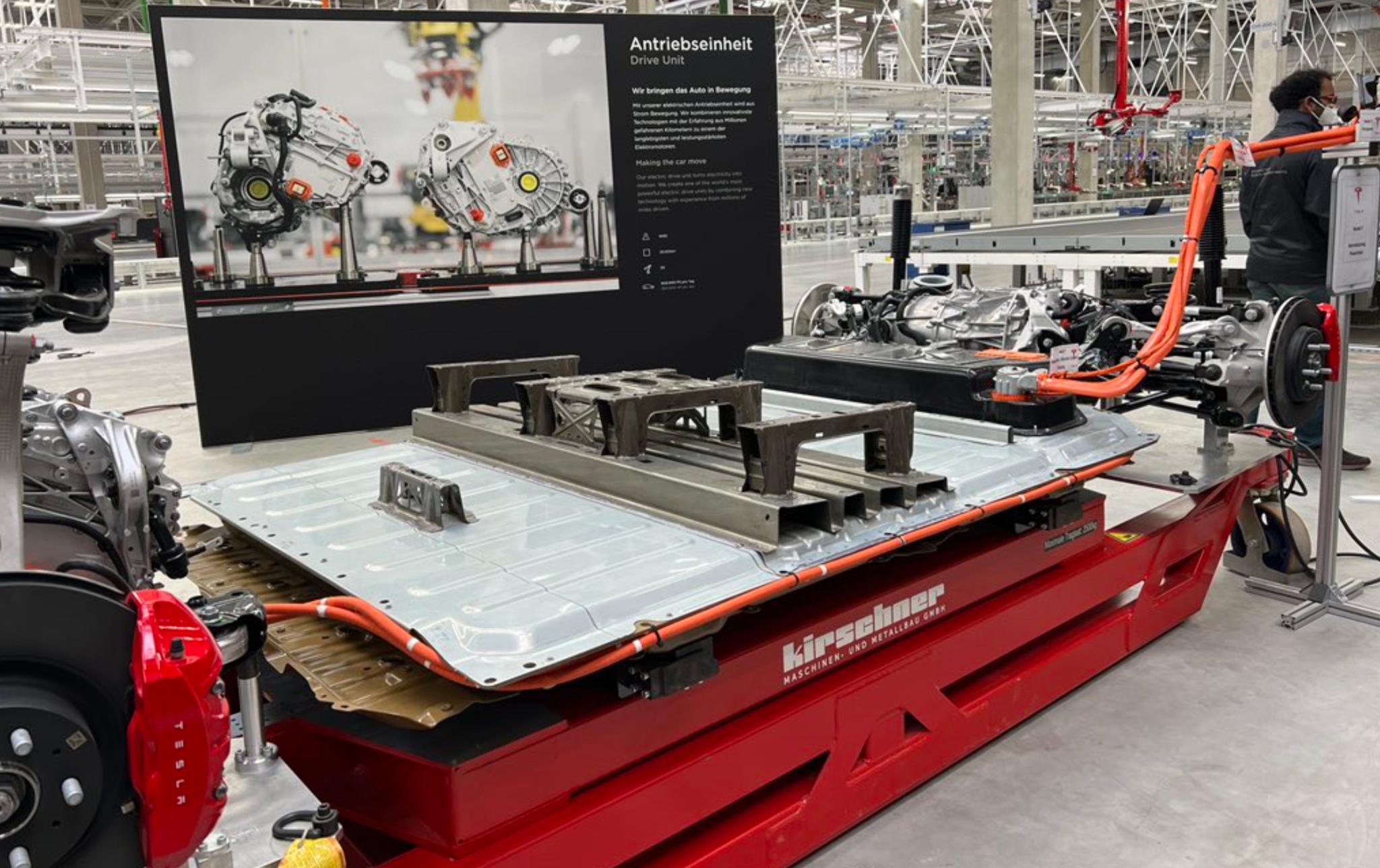
Snapshot
- 50GWh annual capacity targeted
- Volume production of 5000 vehicles per week outlined
- Over AU$7.8bn has been invested in the site
UPDATE, February 22, 2022: Tesla’s planned expansion of its Berlin-based gigafactory has been delayed indefinitely, with series production still yet to take place at the US automaker’s only European factory.
The plant was originally intended to build the European supply of Tesla’s Model Y, but according to Automotive News Europe only the press shop of the factory (where sheet metal parts for the car bodies are shaped) is operational and approved for expansion.
The expansion of the facility has been consistently delayed by lawsuits from environmental groups, which have hindered Tesla’s ability to obtain the environmental permits needed to complete the upgrades.
Tesla still claims it intends to start full series production of the Model Y at the facility in the coming weeks.
The story to here
October 12, 2021: Tesla’s new Gigafactory Berlin will be the American manufacturer’s new production hub in Europe, with CEO Elon Musk announcing a target for operations to begin.
The result of a €5 billion (AU$7.87bn) investment, the fourth Tesla gigafactory is yet to be completed but could start producing vehicles as early as November, according to Musk.
Initially slated to open in July this year, the plant’s sign-off process has been pushed back due to resistance from local residents, red tape and government regulation, plus a pause in construction last year thanks to an NGO reporting species of endangered lizards and snakes nearby.
As well as being the European base for production of Tesla’s updated Model Y, the factory will also produce up to 50GWh of battery cells annually, including its latest 4680-cell structural battery pack.
Set to underpin the Model Y, the new pack is sealed between the floor rather than in modular units between the front and rear frames, reducing the vehicle’s mass by up to 10 per cent as well as increasing driving range by up to 14 per cent.
Ahead of production finally kicking off at the Berlin site, Musk said the easy part is nearly done.
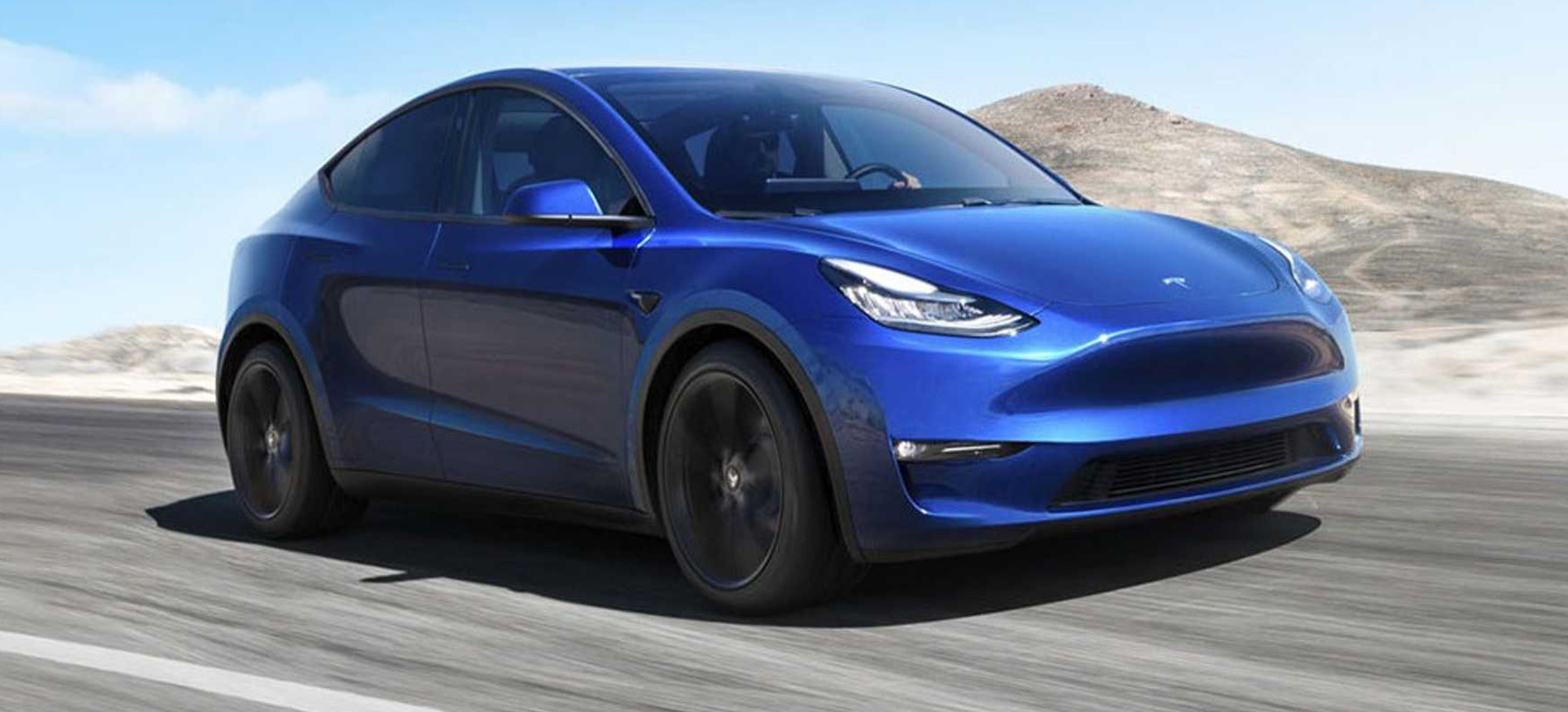
“Starting production is nice, but volume production is the hard part,” said Musk at the event.
“It will take longer to reach volume production than it took to build the factory.”
With an initial target of 5000 vehicles per week, this could be doubled to 10,000 if the plant can hire up to 12,000 staff as is planned – many of whom are expected to come from outside of Germany to work for the company.
Despite the setbacks in Europe, Tesla’s plant in Shanghai started production of right-hand drive Model Ys in the back end of July, although this was paused in August due to a shortage of semi-conductors.
We recommend
-
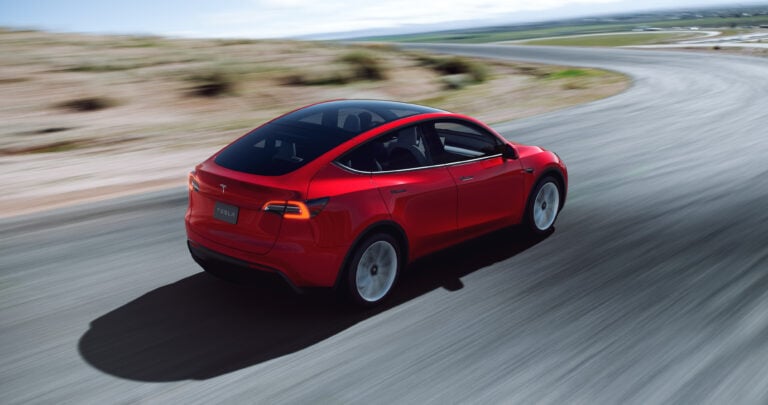 News
News2022 Tesla Model Y begins RHD production as European launch faces setback
Tesla is gearing up to launch the Model Y crossover SUV in Hong Kong, a RHD market, ahead of Australian launch
-
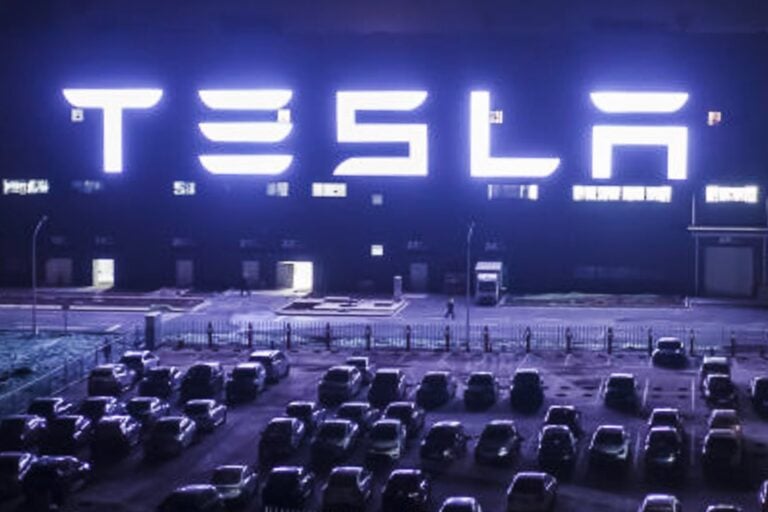 News
NewsCould Tesla’s new battery break the ICE/EV divide?
A five-year plan to reinvent the lithium-ion battery may see Tesla be the first to make an EV as cheaply as a fossil fuel car
-
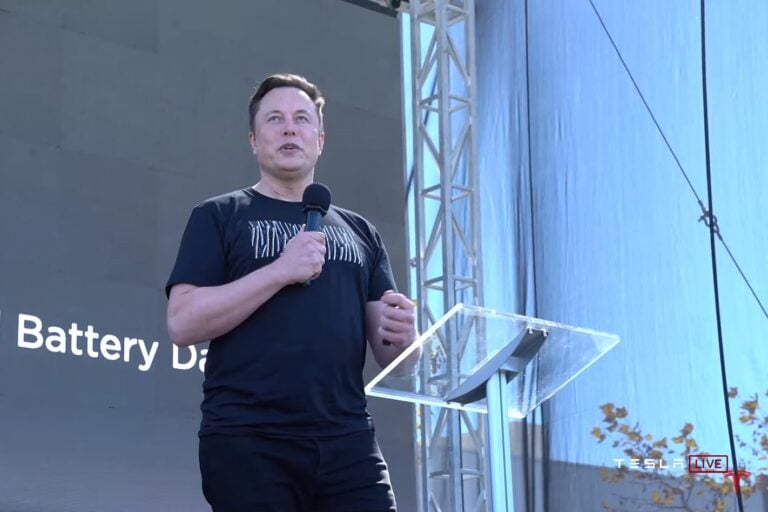 News
NewsTesla pledges a $35,000 car by 2024
Elon Musk claims new battery design and efficient production techniques will lead to sub-US$25K Tesla model


